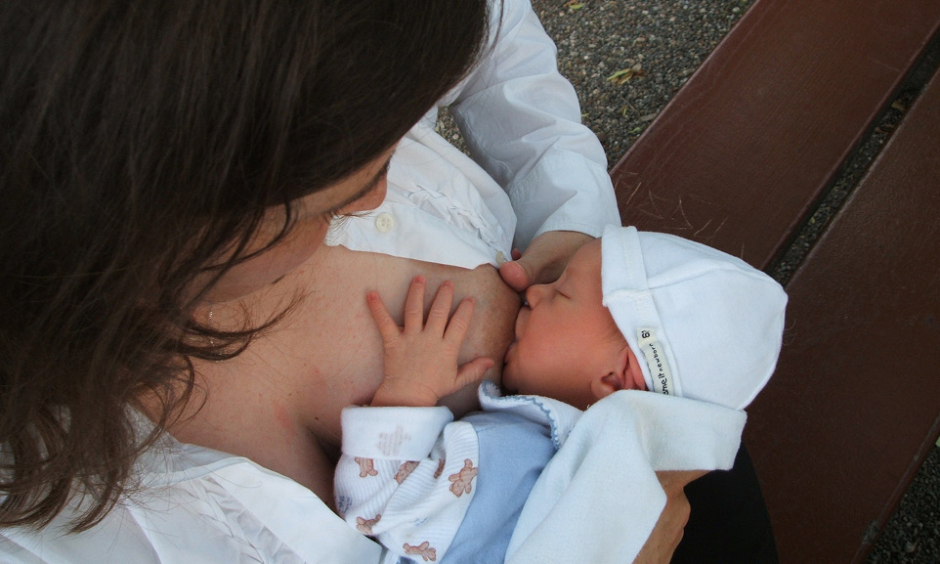BREASTFEEDING is far less common among obese women, thereby increasing the risk of their children subsequently developing obesity, according to research from the University of Manchester, Manchester, UK. The study, which suggests psychological factors are a major contributor to this phenomenon, makes a series of recommendations to help encourage more obese mothers to breastfeed.
Psychological Barriers
In addition to being less likely to breastfeed than other women, the team also found that women with a BMI of more than 30 kg/m2 were more likely to spend shorter periods feeding their baby using this method. They identified a number of psychological barriers that hold these women back from breastfeeding. These included tending to have friends and families who do not breastfeed their babies; lack of breastfeed planning; low belief in breast milk’s nutritional adequacy and sufficiency; poor body image; and low social knowledge, leading to a belief that their friends and family do not want them to breastfeed.
Information and Advice
To encourage greater levels of breastfeeding amongst obese women, the team suggested that more information and practical advice is given to these mothers by clinicians, including positioning and latching, and also that they are signposted to breastfeeding support groups so that they can interact and engage with other breastfeeding mothers.
“Many Health Benefits”
“Breastfeeding is associated with many health benefits for both mother and child and can play a key role in the reduction of long-term obesity for mothers and prevention of obesity in children,” commented Ms Stephanie Lyons, University of Manchester. “The World Health Organization (WHO) recommends all mothers should exclusively breastfeed their infants until they reach 6 months of age and continue with complementary breastfeeding until they are at least 2 years of age. But medically obese women are less likely to breastfeed, and they will be held back by a number of factors.”
She added: “We therefore urge clinicians and associated professionals to proactively work with women with a BMI of 30 kg/m2 or more to encourage, educate, and support them.”
Cutting Childhood Obesity
With childhood obesity on the rise, strategies for encouraging a greater number of women to breastfeed could play a crucial role in tackling this issue.
James Coker, Reporter








